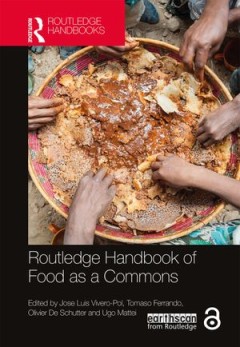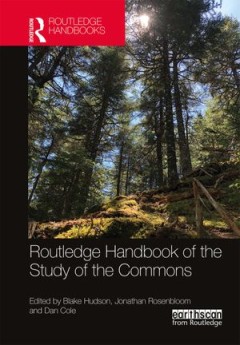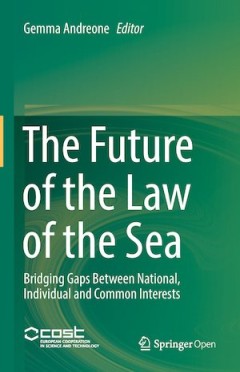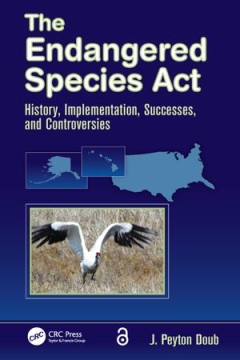Filter by

Routledge Handbook of Food as a Commons
This Handbook provides the first comprehensive review and synthesis of knowledge and new thinking on how food and food systems can be thought, interpreted and practiced around the old/new paradigms of commons and commoning. The overall aim is to investigate the multiple constraints that occur within and sustain the dominant food and nutrition regime and to explore how it can change when differe…
- Edition
- 1st Edition
- ISBN/ISSN
- 9781315161495
- Collation
- 424 halaman
- Series Title
- -
- Call Number
- 641 ROU

Routledge Handbook of the Study of the Commons
This comprehensive Handbook serves as a unique synthesis and resource for understanding how analytical frameworks developed within the literature assist in understanding the nature and management of commons resources. Such frameworks include those related to Institutional Analysis and Development, Social-Ecological Systems, and Polycentricity, among others. The book aggregates and analyses thes…
- Edition
- -
- ISBN/ISSN
- 9781351669245
- Collation
- 464 halaman
- Series Title
- -
- Call Number
- 800 ROU

The Future of the Law of the Sea : Bridging Gaps Between National, Individual…
Introduction This book is open access under a CC BY-NC 4.0 license. It explores the diverse phenomena which are challenging the international law of the sea today, using the unique perspective of a simultaneous analysis of the national, individual and common interests at stake. This perspective, which all the contributors bear in mind when treating their own topic, also constitutes a useful ele…
- Edition
- -
- ISBN/ISSN
- 9783319512747
- Collation
- XX, 269 halaman
- Series Title
- -
- Call Number
- 340 FUT

The Endangered Species Act History, Implementation, Successes, and Controver…
The complex regulations of the Endangered Species Act can be challenging for environmental professionals who must comply with them or assist clients in compliance. This volume discusses the Act using clear scientific prose that all professionals can readily comprehend. It explores the history and the basic scientific theory underlying the Act. It provides an overview of its key provisions and e…
- Edition
- -
- ISBN/ISSN
- 146650739X, 9781466507395
- Collation
- -
- Series Title
- -
- Call Number
- -

Border Flows: A Century of the Canadian-American Water Relationship
Declining access to fresh water is one of the twenty-first century’s most pressing environmental and human rights challenges, yet the struggle for water is not a new cause. The 8,800-kilometer border dividing Canada and the United States contains more than 20 percent of the world’s total freshwater resources, and Border Flows traces the century-long effort by Canada and the United States to…
- Edition
- -
- ISBN/ISSN
- 9781552388969
- Collation
- -
- Series Title
- -
- Call Number
- -
 Computer Science, Information & General Works
Computer Science, Information & General Works  Philosophy & Psychology
Philosophy & Psychology  Religion
Religion  Social Sciences
Social Sciences  Language
Language  Pure Science
Pure Science  Applied Sciences
Applied Sciences  Art & Recreation
Art & Recreation  Literature
Literature  History & Geography
History & Geography